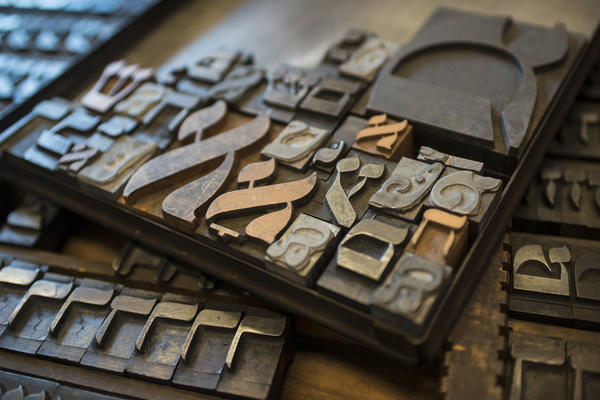
26 Sep 2016
“How do you spell schlep?” said a colleague in the office the other day. “Why?” I replied. “Because I’m Whatsapping my friend to tell her I think it’s a bit of a schlep from the bus stop to the bar.”
Schlep or shlep, comes from the Yiddish word shlepn which means an arduous journey (from a bus stop to a bar) or to carry clumsily or with difficulty.
Yiddish, originally a German dialect with Hebrew words mixed with modern languages, is still spoken by about 200,000 fluent speakers living mainly in the US, Israel and Russia. But, of course, tons of Yiddish-origin words have made their way into the English language. These are a few of the clean ones.
Chutzpah: nerve, brazenness or cheek. In English it’s used to denote confidence
Dreck / Drek: junk or rubbish
Gelt: money
Glitch / glitsh: a slip or a nosedive. In English it’s used to denote a malfunction
Kitsch: gaudy or trashy
Klutz: A clumsy person
Kosher: Acceptable or right, often in reference to food. E.g. Lamb and beef is kosher but pork and shellfish are non kosher
Kvatch / kvetch: to whine or complain
Mazel tov: good luck or congratulations
Mensch: a good person or upright person
Nosh: snack
Schmuck: an idiot or foolish person
Shlep / schlep: to carry with difficulty or an arduous journey
Shalom: peace, a greeting
Schlock: cheap, shoddy or inferior
Shmaltzy / schmaltzy: sentimental or corny
Shtick: a routine or gimmick
Shmuts: dirt or mess
Spiel: a long-winded pitch or speech
Tuches: backside
Yiddish words in real life
“This comic has enough chutzpah to ignore the almost constant stream of interruptions.”
“While you can find great bargains at this pound store, most of what they sell is dreck.”
“There were still a ton of glitches in the software.”
“So you sell your grandad’s medals and go on your way rejoicing, with the gelt.”
“Everything on display was multi-coloured crockery, a ceramic graveyard of the most weird and wonderful kitsch I’d ever seen.”
“Not to kvetch too much about the food, the service and the table but…”
“Stop noshing. You’ll spoil your dinner.”
“In the latest loser-makes-good klutz comedy from the unstoppable Adam Sandler…”
“In my opinion this firm were doing things that just weren’t kosher.”
“A chorus of mazel tovs greeted the newly wed couple.”
“He is a familiar Apatow mensch, and somehow Rogen gets away with playing this guy over and over…”
“The show Wicked succumbs to a schmaltzy fairytale ending.”
“I schlepped down to the cash point and all the way back again.”
“There’s a load of schlock on TV at the moment.”
“Some poor old schmuck got it right in the eye.”
“Girls in tight tees are part of this restaurant’s unfortunate shtick.”
“In the art of the spiel, Texas Democrats can’t compete with Donald Trump (Editor’s note: Please try harder Democrats of Texas.)”
“Don’t just sit there on your tuchus! Help me set the table!”
For more on Yiddish language and culture, check out the brilliant Born to Kvetch by Michael Wex.
Check out these other posts on Indian words, French words, German words, Latin words and Polari.







No Comments